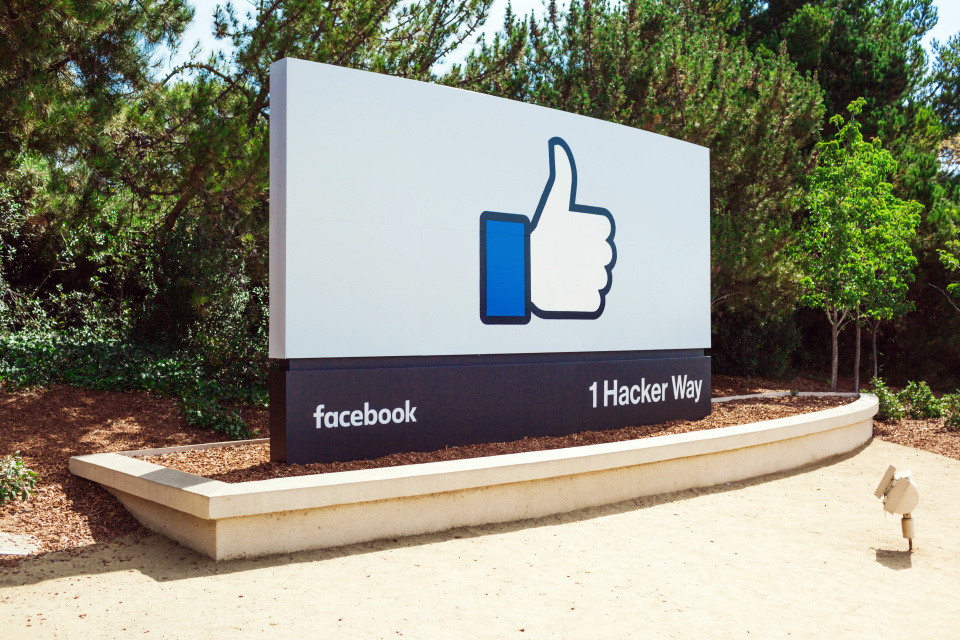Facebook is wary of its platform being used to tamper with the results of the upcoming US presidential election and is reportedly considering various contingency plans, including a “kill switch” that would bar all political advertising after the election takes place on 3 November.
The possible scenarios under consideration include a potential attempt by US president Donald Trump to delegitimise the election results, The New York Times reported on Friday, citing unnamed sources. Other media outlets also reported Facebook’s plans.
Facebook is also reportedly considering how to act if the current administration claims the US Postal Service lost mail-in ballots or that other groups interfered with the vote.
Facebook chief executive Mark Zuckerberg and other executives are holding daily meetings on minimising how the platform can be used to dispute the election, the Times said.

‘Kill switch’
A “kill switch” option could be used to prevent parties from spreading misinformation via political ads, which Facebook does not verify the claims of.
Twitter and Google’s YouTube have also reportedly discussed plans on how to act during the post-election period, according to political researchers who have advised the firms.
“It is previously reported news that we are considering a range of political advertising options during the closing period of the election,” Facebook said in a statement.
“President Trump will continue to work to ensure the security and integrity of our elections,” the US administration said in a statement.
Tech companies have been put on the spot since the 2016 election, in which foreign nations used Facebook, Twitter and YouTube to spread divisive messages.
Misinformation
More recently they have been dealing with election-related messages spread by domestic bodies including Trump himself and the conspiracy theory group QAnon.
Twitter, for instance, recently said it would permanently suspend accounts that spread information related to QAnon.
Twitter last year banned all political ads worldwide, and has also placed fact-checking and warning labels on content from president Trump.
But Facebook has eschewed taking such overt actions, saying it does not want to interfere with freedom of speech.
That stance could make Facebook a target for critics if it abruptly changes its policies after the election.




